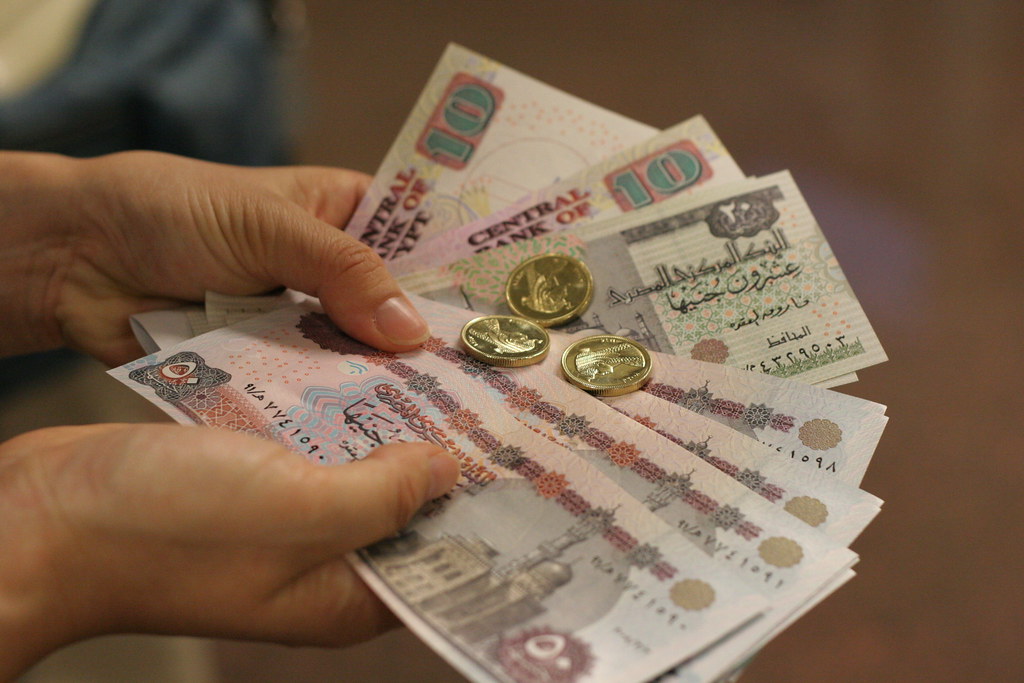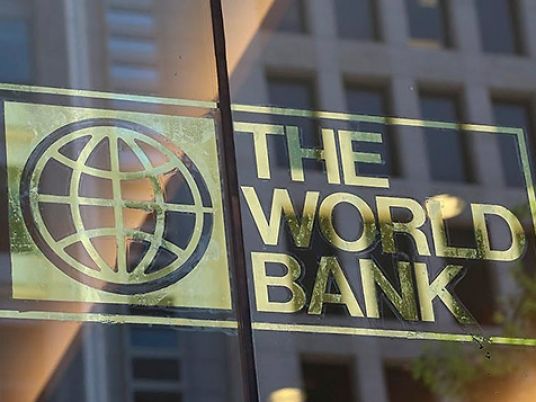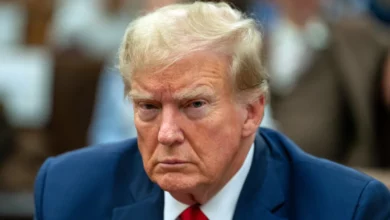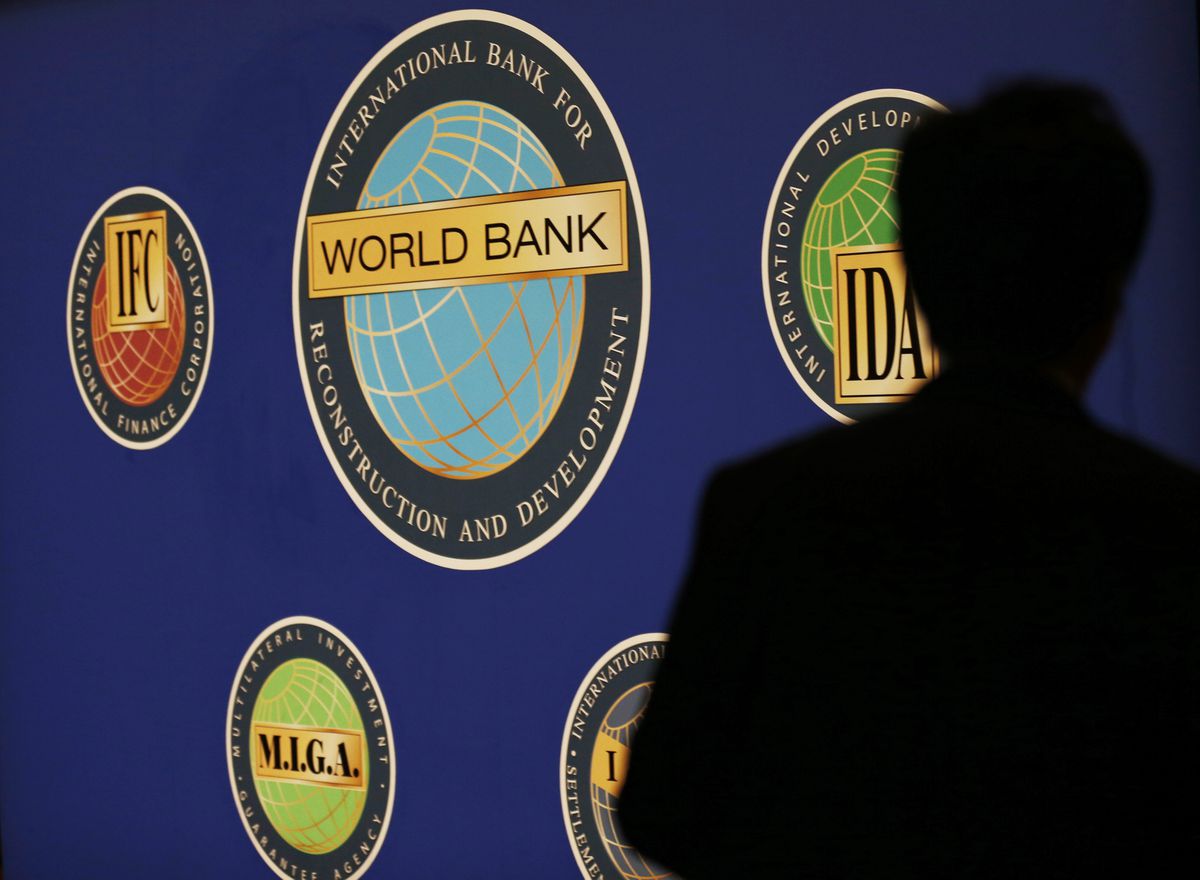
Despite the economic and political challenges Egypt has faced over the past five years, the country is still a pivotal Middle East investment destination and, according to the latest Global Competitiveness Report, one of the most viable markets for growth and development.
Consecutive governments have recently come to recognize that the creation of an attractive investment climate in Egypt is the solution to offset the trade deficit (US$33 billion), reduce the unemployment rate (13%) and increase foreign currency reserves (US$15 billion).
Investment, if it is properly handled, secures employment, development and stability, both in the social and the political dimension.
The first earnest effort made by the Egyptian government to encourage investment, in my view, was to recognize the problems and impediments that hamper its growth. This step was taken by the hard-working Investment Minister Ashraf Salman. In fact, a closer look at the situation can enable us to appreciate the earnestness exhibited and the tremendous efforts exerted over the past six months to handle investment issues in Egypt.
Over the past three ears, there were five major challenges facing investment in Egypt, and political instability was the first and most important one. Without a doubt, the referendum on constitutional amendments, followed by the election of President Abdel Fattah al-Sisi and the appointment of a government with clear assignments were all positive steps, indicating a quest for political stability. Those measures will be complemented by the upcoming parliamentary elections and the appointment of a permanent government.
Contrary to the World Bank report issued in September 2011, there are no signs of political instability as a primary impediment to investment in Egypt. This issue is now behind us, and the situation has been improving continuously, in spite of the terrorist incidents Egypt has faced.
The second challenge was the security situation between 2011 and 2014. In spite of terrorist incidents and attacks perpetrated against vital infrastructure over the past weeks, the security situation is no longer quoted in international reports as an obstacle to investment, as was the case in 2011 and 2012. There is a remarkable decline in theft, chaos and criminal assaults.
Thirdly, the government had lacked a clear vision of its economic policy both financially and fiscally, being undecided whether to adopt a free economy or not, or whether to opt for expansionary or deflationary strategies. However, in the past six months, the government presented its vision by taking serious steps towards economic reform, most notably by improving the subsidies system for petroleum products, opening the door for private investment in infrastructure, reforming the electricity sector, announcing a five-year tariff for electricity prices in prepsration for investments in renewable energy, applying the added value tax instead of the sales tax and implementing a clear expansionary policy for public expenditure and infrastructure projects.
Therefore, the economic policy is no longer vague or improvised, making the investors fully aware of the state’s economic vision and allowing for long-term planning. Hopefully, the Sharm el-Sheikh conference will represent a genuine opportunity for the government to announce those policies in a clear and detailed way.
The fourth challenge that had cast its shadow over the investment sector was the haphazard criminal prosecutions of investors, judicial disputes and cancellations of years-old contracts, which contributed to increasing the legal risks surrounding investment in Egypt and discouraged the potential flow on fresh investments.
After a period of hesitation, the government, recognizing the negative consequences of inaction, gained the political will to fix that deficiency. It started with amending the law that made challenges to state-signed contracts exclusive to cases where evidence of corruption is supported by judicial rulings, as well as limiting litigation to parties to the contract.
Moreover, the government, bypassing many hesitant state officials, embarked on friendly settlements of several disputes. A close follower of the investment-related cases referred to the General Prosecution can observe the drastic shift in the number of cases resolved by settlements, that surpassed 30, while those forwarded to the criminal court over a whole year can be counted with the fingers of one hand.
It can be argued that the latest positive step were the amendments to the investment law, approved by the Cabinet last week. The amendments, for the first time in Egypt’s legislative history, distinctly acknowledge the criminal liability of a corporate personality and removes the material penalties against board officials and managing directors that were previously imposed even if they had not personally committed a punishable crime. This constitues a historical shift in the Egyptian penal legislation, and reflects a genuine desire for an adequate investment atmosphere.
The bureaucracy embodied in complex project licensing and implementation procedures was the fifth challenge that negatively impacted the investment sector. Acknowledging the problem, the government, at last, amended the investment law to adopt a “one-window” system, rendering the General Authority for Investment (GAFI) the sole representative acting on behalf of all government agencies in dealing with investors. The Investment Minister was honest enough to explain that the application of that system would take 18 months for all government institutions to be electronically connected.
Another favorable change to the investment law was that which added a new chapter on land allocations for investment, setting rules and terms for an institutionalized allocation.
Lastly, the adoption of the amended law on special economic zones as a legal basis for the Suez Canal development project and other national ventures can arguably represent a new investment framework as it liberates economic zones from all bureaucratic constraints and intertwined government competencies.
Without a doubt, all of the aforementioned steps are worth encouraging and made a positive impact over the past six months, boosting the economic growth rate to an unprecedented 5 percent and pushing the inflation down by seven percent, while increasing investment inquiries by 17 percent.
We hereby stress that this is just the beginning, and that the path to reform is still long and difficult, requiring harder decisions. Yet, we should remain optimistic and believe in the possibility of further improvement, since all seems to indicate that we are steadily taking the right path.







